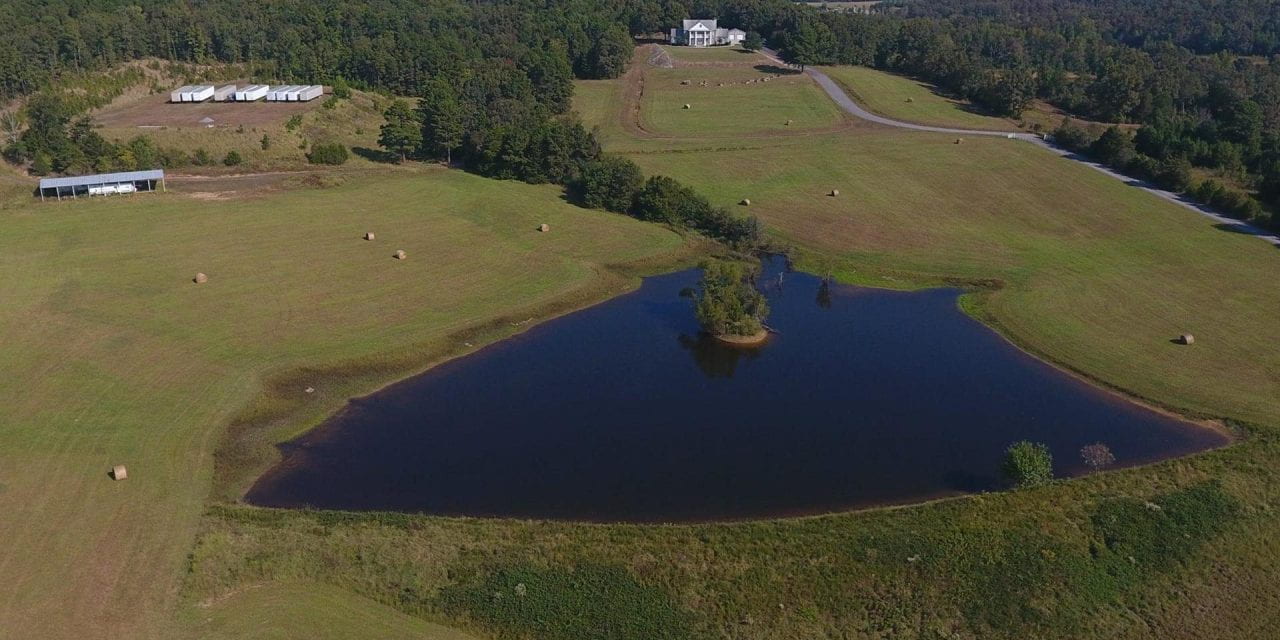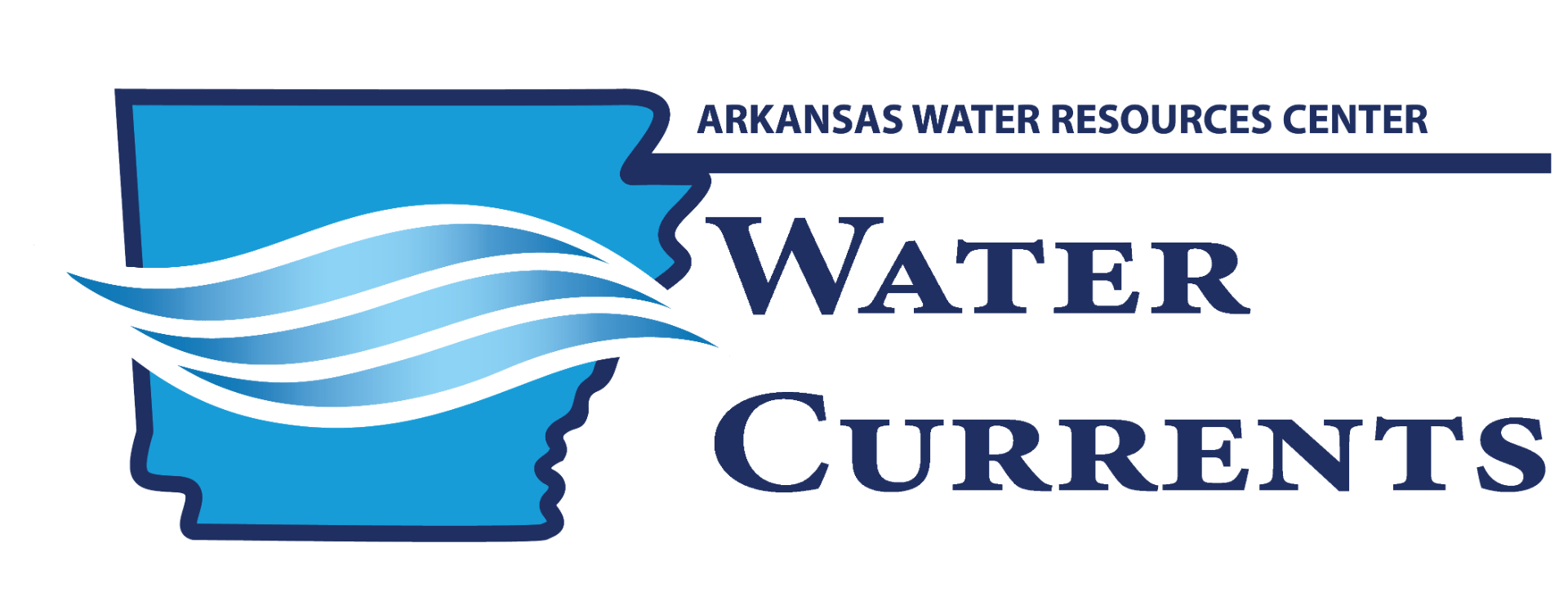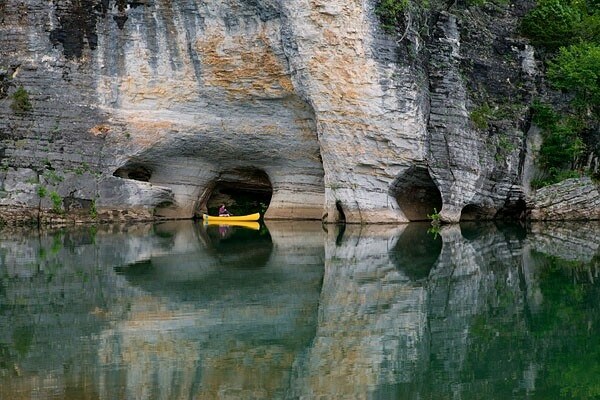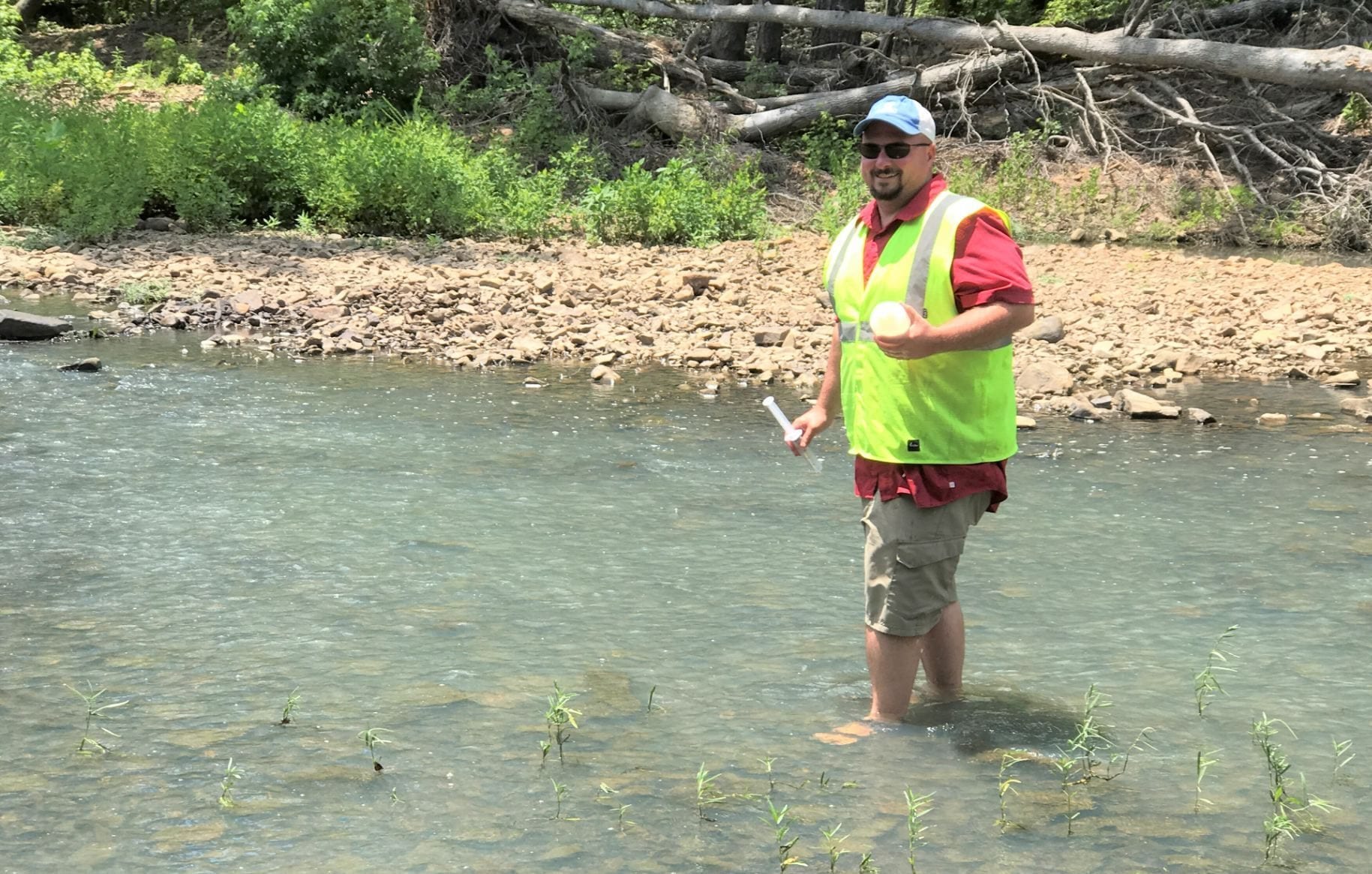
Proposed Regulation for Nutrient Trading Up for Public Comment

The Northwest Arkansas Nutrient Trading Research and Advisory Group (“advisory group” hereafter) submitted a draft of a proposed regulation for nutrient trading to the Arkansas Pollution Control and Ecology Commission in January of this year. The proposed regulation is open for public comment, with public hearings held in Little Rock on March 27 and in Fayetteville on March 29. The deadline for submitting written comments is April 12, 2018 at 4:30 pm CST.
Act 335 was enacted by the Arkansas Legislature in 2015, which simply gave authority to the Arkansas Pollution Control and Ecology Commission to establish and regulate water quality trading programs, or allow for a third party to submit a regulation. Since that time, the advisory group has drafted the proposed regulation and submitted it as a third party. The advisory group is an association of professionals from Fayetteville, Springdale, Rogers, and Bentonville.
In only seven pages, the proposed regulation outlines the application requirements and approval process. In fact, the vagueness of the proposed regulation was by design. Allan Gates of Mitchell, Williams, and Gates, the environmental law firm representing the advisory group, suggests that the regulation should avoid making specific requirements.
Gates says that there are about 20 states that have nutrient trading regulations, but only two or three states have actually made a trade. Gates says most plans never get submitted or approved because the regulations contain detailed requirements that are actually very hard to meet. On the other hand, some stakeholders think the draft regulation is too vague and worry that water quality could be more at risk.
Nutrient trading in Arkansas would be completely voluntary. Individuals or companies could apply for a nutrient credit-generating project. This project would likely be one that addresses nonpoint source pollution through best management practices on the landscape. For example, a farmer could apply for credits to plant cover crops or a riparian buffer area. The generated credits could then be used by wastewater discharge permit holders, who are regulated by the Arkansas Department of Environmental Quality (ADEQ).
According to the draft regulation, applications would need to include watershed information and a list of potential permitted point sources that could use the credit. The draft regulation allows for the credit to be used in an entirely different watershed from where the credit might be generated. However, the regulation makes an effort to ensure that drinking water supplies will not be negatively affected by nutrient trading. If the proposed project takes place in a watershed with a drinking water supply reservoir, the credit must be used in that same watershed.
The application would also need to include “evidence” that the trade will have a positive impact on water quality and that it will not increase nutrient pollution. The draft regulation does not define “evidence” but does require a description of the methods that would be used to implement and evaluate the effectiveness of the project.
The Arkansas Natural Resources Commission (ANRC) would review any project that involves nonpoint source activities. ANRC currently oversees the State’s nonpoint source pollution program.
Section I of the draft regulation introduces the term “baseline requirements”. For permitted point sources, the baseline is easy – it would be the current permit limit or the wasteload allocation if a TMDL exists. TMDL stands for total maximum daily load and might apply to streams that are on the 303(d) list of impaired waterbodies.
The baseline requirement for nonpoint sources is defined by whatever the current regulation is; but nonpoint sources are not typically regulated. Many land owners voluntarily implement best management practices to protect water quality. This means they could apply for credits for something they’re already doing.
Landowners who are already doing good things for water quality would not be penalized by missing out on credit opportunities. The potential problem is if a permit holder purchases credits based on existing activities, they could avoid stricter discharge requirements while the “credit-generating activity” has no offsetting positive impact on existing water quality.
The draft regulation loosely outlines requirements to guide the application and evaluation process for a project. Then it would be up to the director of the ADEQ to approve or reject a proposed project. As with current standards for approving discharge permits, the nutrient-trading project would be open for public comment before approval and be subject to review after approval.
More information about the proposed regulation can be found on ADEQ’s website.














